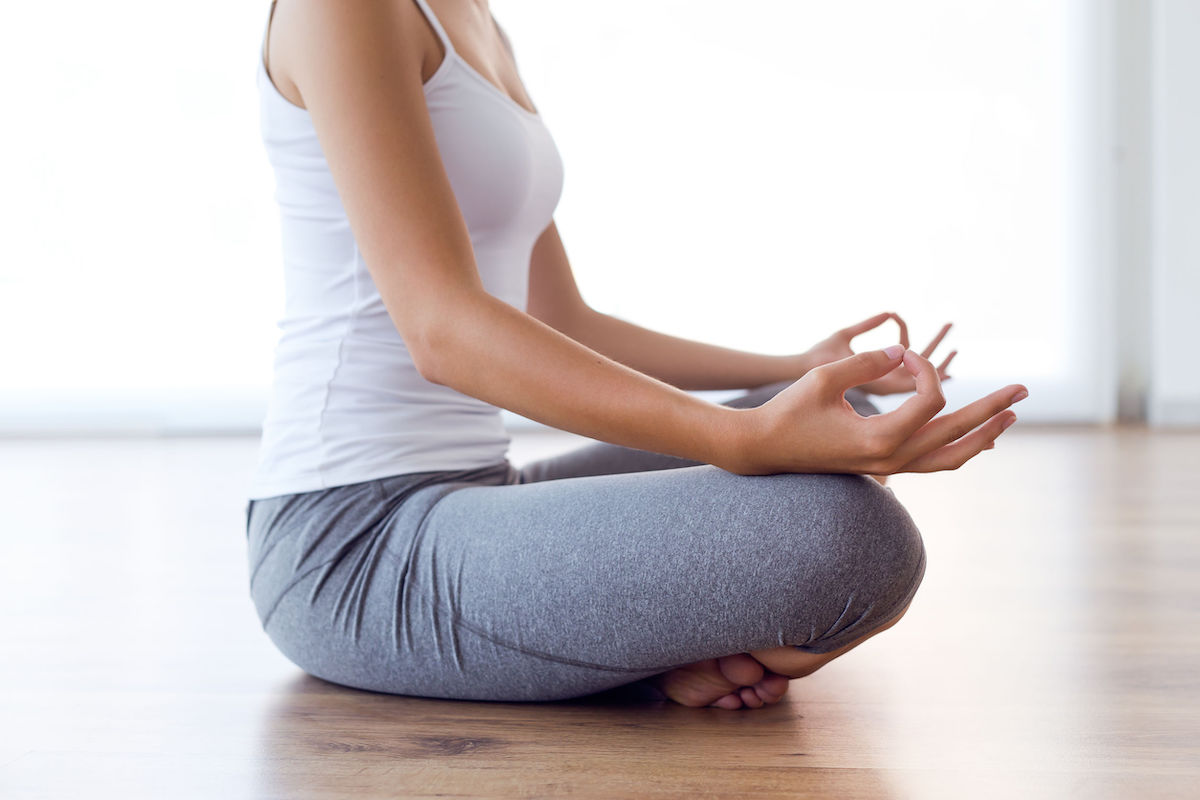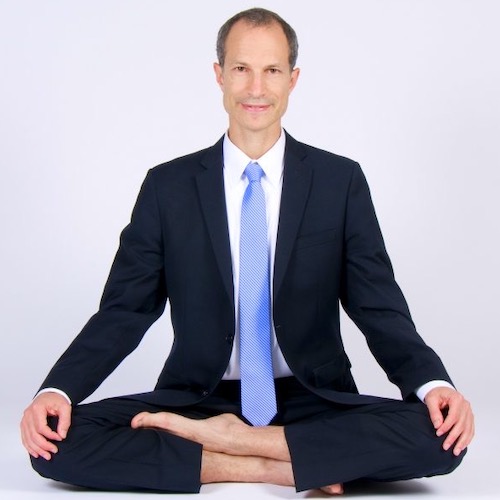
Perhaps the most difficult requirement along the spiritual path to self-realization is the necessity of surrendering.
Surrender, in this context, means the ability to ‘let go’ of everything that we cannot control through recognizing the impermanent nature of life as it transitions from one form to another.
Much like we cannot change the weather patterns, we learn not to personalize events when something doesn’t go the way we wanted it to. We begin to accept that things are as they are, and we are the observer. This is very difficult to put into practice.
Our instinctual disposition is to experience ourselves as the centre of the universe, a vessel that accumulates and seeks comfort, and avoids that which creates discomfort. By identifying and acting on this egocentric view of life, we develop, maintain, and strive to protect our respective ‘comfort zones’.
Both spiritually and materially, the attachment to comfort and fear of the unknown limits our potential to grow. Perhaps we’ve become complacent in a career or a relationship. Or fine-tuned a schedule so much that most every day unfolds the same way, with little variation or room for flexibility. Humans are habitual in nature and anything that conflicts with our regimen and lifestyle is seen as a threat, instead of, as I would like to posit, an opportunity for growth.
And then along comes a natural catalyst to disrupt our routines, our sense of safety, and ultimately our sense of invincibility. A novel coronavirus that spreads and becomes a pandemic, locking most of us (the privileged ones) in our homes for an unknown duration. We find ourselves isolated from our loved ones, our incomes in jeopardy if not already lost, with a lot of time on our hands.
The virus has put us on retreat from the world.
Herein lies the opportunity for self-development.
With the very real caveat that many of us are in financial limbo, recently laid off, unable to pay our residential or commercial rent, and very distressed…. I ask you to take a leap of faith. Faith that our government will take economic measures to help your situation, like it has already begun to do with the Canadian Emergency Benefit Response, and many other financial programs designed to assist individuals and businesses until society can gradually reopen. Faith in the global search for a vaccine, or at least viable treatment options. Faith that you (and society) have the power to preserve and adapt. And, especially, faith in yourself, knowing that the whole world is in the same boat, that it is not only you who’s been greatly impacted by this situation.
Covid-19 has required a communal response that we have not witnessed in our lifetimes, and this cooperation and mutual respect will last long after the virus has run its course.
Consider how countries are sharing personal protective equipment to hotspots in need. How cities are taking homeless people off of the street and giving them hotel rooms and meals. How front-line occupations, such as cashiers, delivery personnel, and personal support workers will no longer be viewed as being incidental, but rather as essential roles, along with those on the front lines of the medical field.
Economic policy will also shift, the need for an organized central government made apparent, the idea of a universal basic income no longer seeming eccentric, and we’ll see a growing realization for the need to make long-term care part of the public hospital system.
All of this is happening at various micro and macro levels. But what about on the individual level; what about how you view yourself and the world?
Those who never had reason to worry about health may have found themselves facing a torrent of fear, especially in the early days of uncertainty. With all of this time at home, we are faced with having to take stock of ourselves with little in the way of escape, much like being on a long retreat.
Memories of past events that influenced how we see the present begin to surface more clearly. Fears or desires of what the future may hold also arise. The mind spins. Before Covid, the same past traumas and future anxieties/desires were also within us, though more easily muted as we focused on the external world.
But here we are in retreat, and there is no escaping. Each day we awake with the growing realization that we are not in full control of our destiny. Our freedom has been curtailed and life has changed. We have been given more access to the here and the now that is available for us to utilize and get to know ourselves more intimately.
We watch the waves of the mind, the flowing and ebbing of emotional tides, we get perspective on our relationships with others, the choices we’ve made in applying our energy, or lack thereof, to our chosen vocations. Memories and desires surface. As do anxieties and fears.
On retreat, due to the absence of external distractions, we have a unique opportunity to observe the inner influences that shape our self-view and relationship with the world. It takes stepping out of our daily habits to see the judgments we’ve made and what is really driving us to take action, make choices, or to react, as the case may be.
Just like in yoga, where the dynamic moving practice finishes with its opposite - lying down on the floor in stillness and resting deeply in savasana or ‘corpse pose’ - so too will the pause of the pandemic give us a chance to tap into and examine our essential selves.
If we can gain a better understanding of how past experiences have constructed our personalities, we may free ourselves from their influence and see the world anew from the perspective of being fully present and objective in each moment.
There is no better time to begin or to renew a meditation practice.
It is said that it takes crisis or vanity to lead one to the spiritual path. Covid has taught us the lesson of impermanence; our aura of invincibility and the illusion of normalcy is over, and nothing will be taken for granted again.
We have an opportunity to confront this crisis with the wisdom of impermanence, and use this time to deepen our sense of equanimity and presence under difficult conditions, and to come out of it stronger and more balanced.
The striving for a tomorrow that may never come in an endless demand for productivity/consumption and the damage this is causing our environment and societal structure, stands to weaken.
In its place may we use our time to build stronger communal bonds and social safety nets, healthier work/life balances, while spending more quality time with each other as we celebrate this fragile existence.
We’d love to hear from you! Please send us your suggestions for future articles. And if you’re a writer, please see our writer’s submissions page for details.

